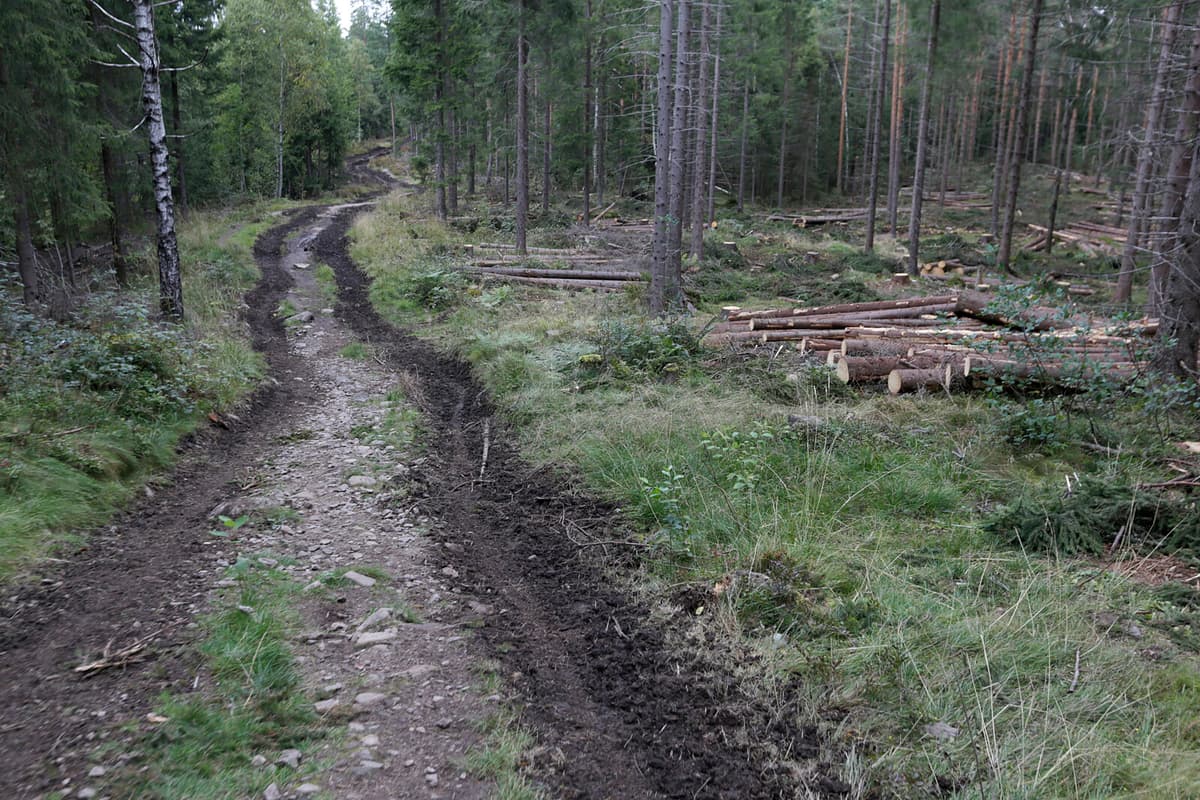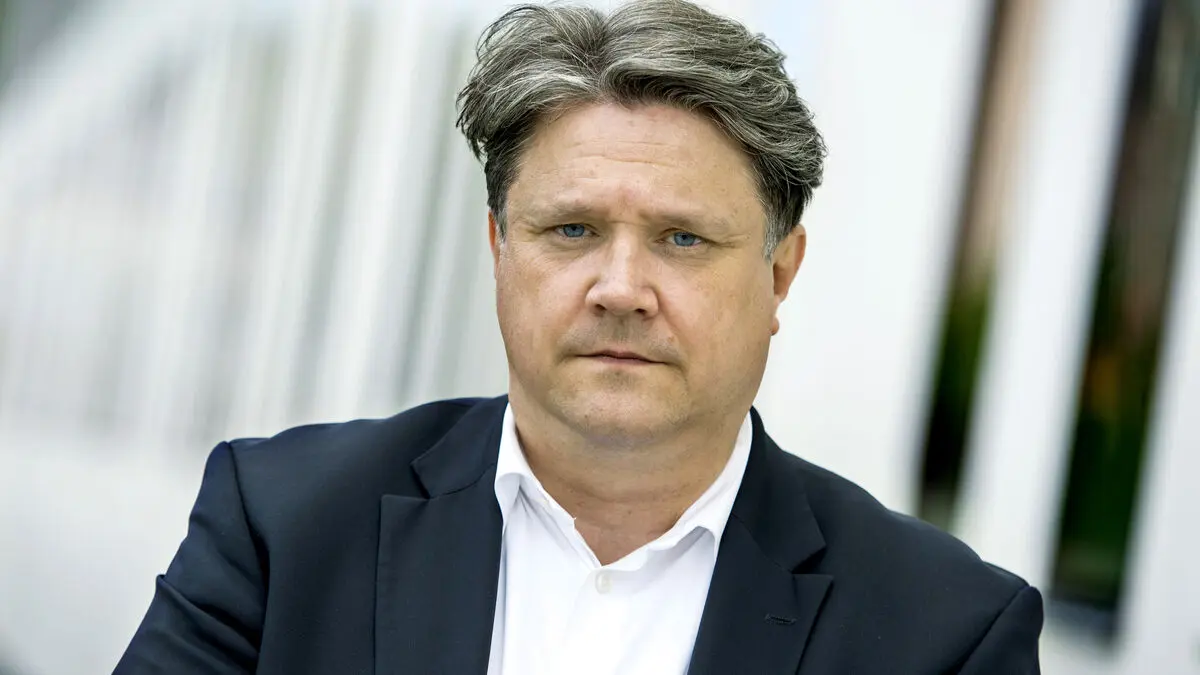The Environmental Protection Agency notes in its annual report to the government that the goals are being missed. Sweden does not appear to be reaching any of the climate goals for 2030, 2040, or 2045, according to the agency.
In an SMS comment to TT, Climate and Environment Minister Romina Pourmokhtari (L) writes: "The government is working on several measures to improve Sweden's conditions for reaching the EU goals."
She does not specify what measures these might be.
It looks particularly difficult for the climate goal related to forests and land, the so-called LULUCF. The fact that we are falling short of this goal is mainly due to lower forest growth. Together with harvesting and natural decline, the deficit becomes large.
The deficits in this sector may amount to 63-71 million tons between 2021-2025, according to the scenarios, says Johan Leymann, project leader at the Climate Analysis Unit at the Environmental Protection Agency.
Missing targets for the transport sector
According to the long-term goal, Sweden should have no net emissions of greenhouse gases by 2045. But this goal does not appear to be achievable with current policies. With the policy instruments currently in place, the gap to the goal is approximately 19 million tons of CO2 equivalents, according to the Environmental Protection Agency.
Sweden is also not reaching the national goal of reducing emissions from the transport sector by 70% by 2030. The distance to the goal is 6 million tons of CO2.
The increase in the reduction obligation, i.e., how much biofuel needs to be blended into gasoline and diesel, on July 1, will reduce emissions. But not enough.
The increase in emissions during 2024 means that it will take until around 2028 before we see a decrease in the transport sector, says Leymann.
Neither the Swedish intermediate targets for 2030 and 2040 nor the Swedish EU commitment, which concerns emissions under the EU's Effort Sharing Regulation (ESR), are being met, according to the Environmental Protection Agency's review. This includes emissions from transport and agriculture.
"Good opportunities" according to the minister
The Swedish Society for Nature Conservation is critical of the current policy.
"Now we see in black and white that the government's policy leads to Sweden not reaching any of the climate goals, which is a very risky policy. There are several measures that lead to emission reductions already today, primarily in the transport sector, but the government actively chooses not to take them. It is also strange given the fact that public opinion wants a strong climate policy", says Beatrice Rindevall, chair of the Swedish Society for Nature Conservation, in a press comment.
Climate and Environment Minister Romina Pourmokhtari writes further in her SMS comment:
"The report confirms that the emission increase in 2024 was a one-time event and that Sweden's emissions are expected to decrease again in 2025 and onwards. Sweden still has good opportunities to reach the EU's 2030 goal for the transport sector (ESR)."






